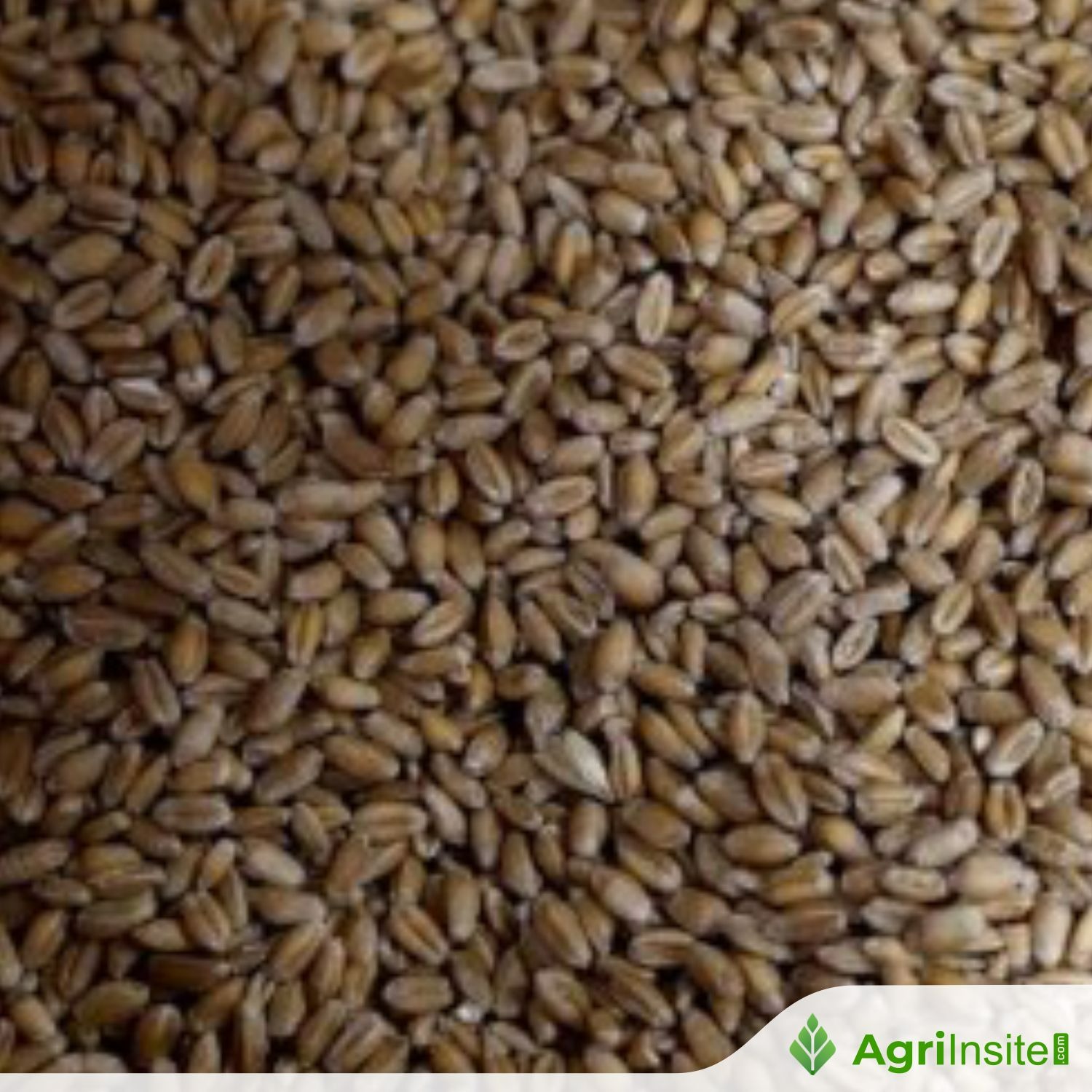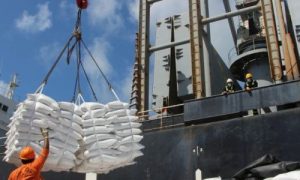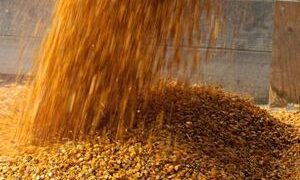Russia is losing ground in grain exports due to economic and climate challenges

Exports of Russian agricultural products have dropped 15% in recent years, while food imports rose by a similar margin due to high interest rates, poor weather, and rising household incomes. Although wheat, barley, and corn export duties will again be zero from August 20–26, experts warn this won’t fix structural issues like financing gaps and climate risks. The Agriculture Ministry plans measures to boost exports via new markets and better logistics, but analysts stress deeper reforms, including production modernization and climate adaptation, are needed to stabilize trade and maintain food security.
Exports of agricultural products from Russia have decreased by 15% in recent years, while food imports have shown growth at about the same level. According to experts, this imbalance is caused by several factors: a high key rate, which complicates access to credit resources, worsening weather conditions, which have affected yields, as well as increasing household incomes, which contribute to an increase in food imports. These circumstances make it difficult for Russia to return to the status of a net food exporter, despite temporary relaxations in export policy.
The Russian Ministry of Agriculture announced that from August 20, the rates of duties on the export of wheat, barley and corn will be zero for the second time in a row. These rates will be in effect until August 26 and are calculated on the basis of indicative prices: $ 224 per ton of wheat, $ 203.2 for barley and $ 218.7 for corn. This decision is part of the “grain damper” mechanism introduced in Russia since June 2021, which provides for floating duties on grain exports and subsidies to farmers from the funds received.
Zero duties on grain in August are unlikely to significantly revive exports, as structural problems, such as a lack of financing and climate challenges, continue to restrain the agricultural sector. The head of the Ministry of Agriculture, Oksana Lut, has been instructed to develop measures to expand export opportunities, in particular by finding new sales markets and improving logistics infrastructure. However, experts note that without resolving internal economic and weather problems, the effect of such initiatives may be limited.
The growth in food imports, in turn, is partly explained by the increase in the purchasing power of the population, which stimulates demand for imported products. Combined with limited opportunities to increase domestic production, this creates additional pressure on the country’s trade balance. Analysts predict that comprehensive reforms in the agricultural sector, including modernization of production and adaptation to climate change, are needed to stabilize the situation.
To Read more about Wheat News continue reading Agriinsite.com
Source : Ukr Agro Consult
















